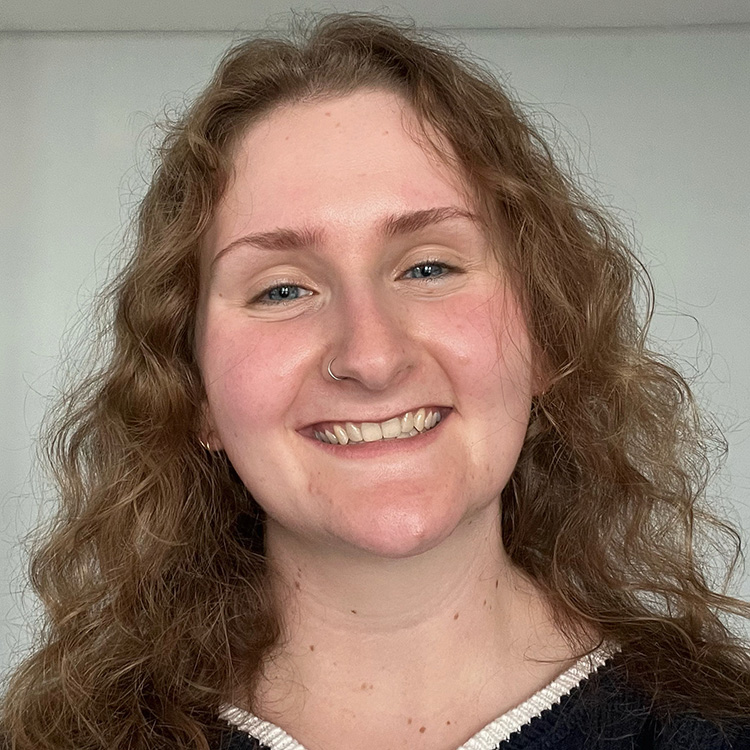
MCAT Support for Pre-Health Students
Supporting undergraduates in the sciences as a librarian is a unique challenge. Their classes mainly revolve around lab or fieldwork, so assignments calling for traditional research skills like database searching and source evaluation are uncommon. In searching for ways to offer more support to undergraduates in the Biology Department, I had to think about what their unique needs are as a group.
Eighty two percent of biology undergraduates are in the Pre-Health Program. Every year, a significant number of these students prepare to take the Medical College Admissions Test (MCAT), and that preparation does not come cheap. Popular preparation programs like Kaplan, Princeton Review, and Blueprint charge anywhere from $1,299 to $6,849 for self-paced or instructor-led review courses, and many students feel resigned to paying these excessive amounts as just another cost of attending medical school. But there is another option for WashU students.
This past January, The Learning Center at WashU restarted its MCAT preparation program. For $400, students get official Association of American Medical Colleges preparation materials, meet weekly in problem-solving groups, and are offered three practice exams. Group sessions are led by individuals who recently took the MCAT—some of whom are attending WashU’s medical school—and focus on the studying process rather than the subject matter. This ultimately makes students better prepared for the MCAT by using meeting times to learn how to take the exam, and by giving them the tools to learn the content independently.
To help support the students in this program, I created a LibGuide with links to more preparation resources and study materials that they can access for free. The biggest resource from our library is the recently acquired database Ditki (formerly Draw It to Know It) MCAT Biology & Biochemistry, which provides students with a unique way to learn foundational content, as well as tutorial videos and practice exams. Further resources include links to review books from Kaplan and Princeton Review that students can get through Mobius or Inter-Library Loan. Since the start of the program on January 20, the guide has averaged five views a day, with the highest spike being 51 views in one day. The guide can be accessed here.
I did not find all these resources on my own, though. I owe a thank you to my colleagues Brittney Sandler and Amy Suitor at the Becker Medical Library for giving me additional resources to share.

